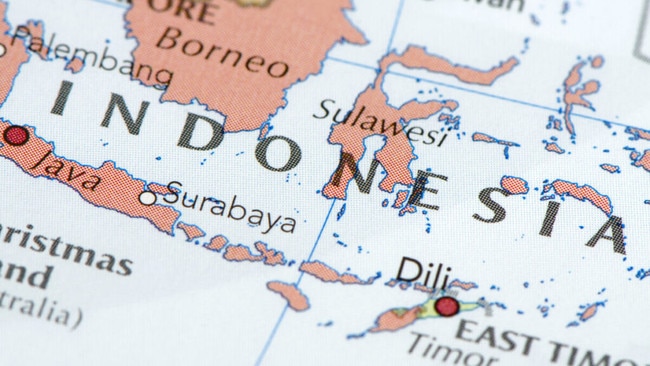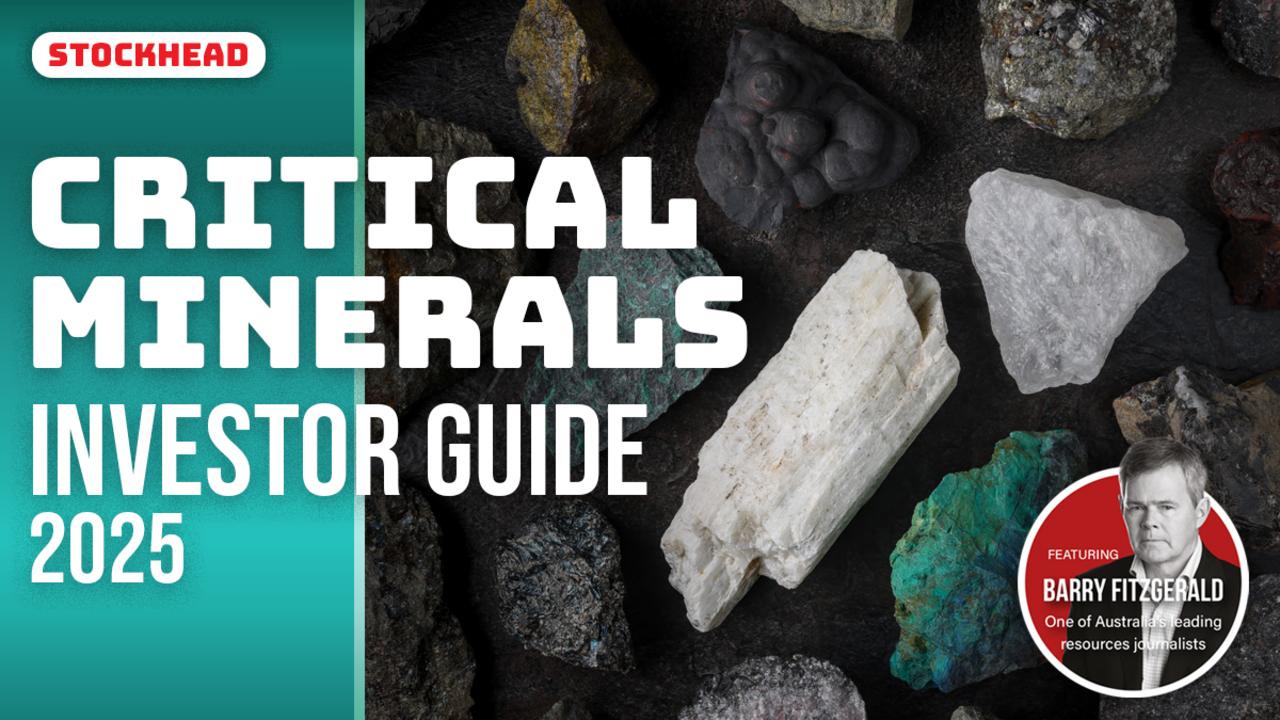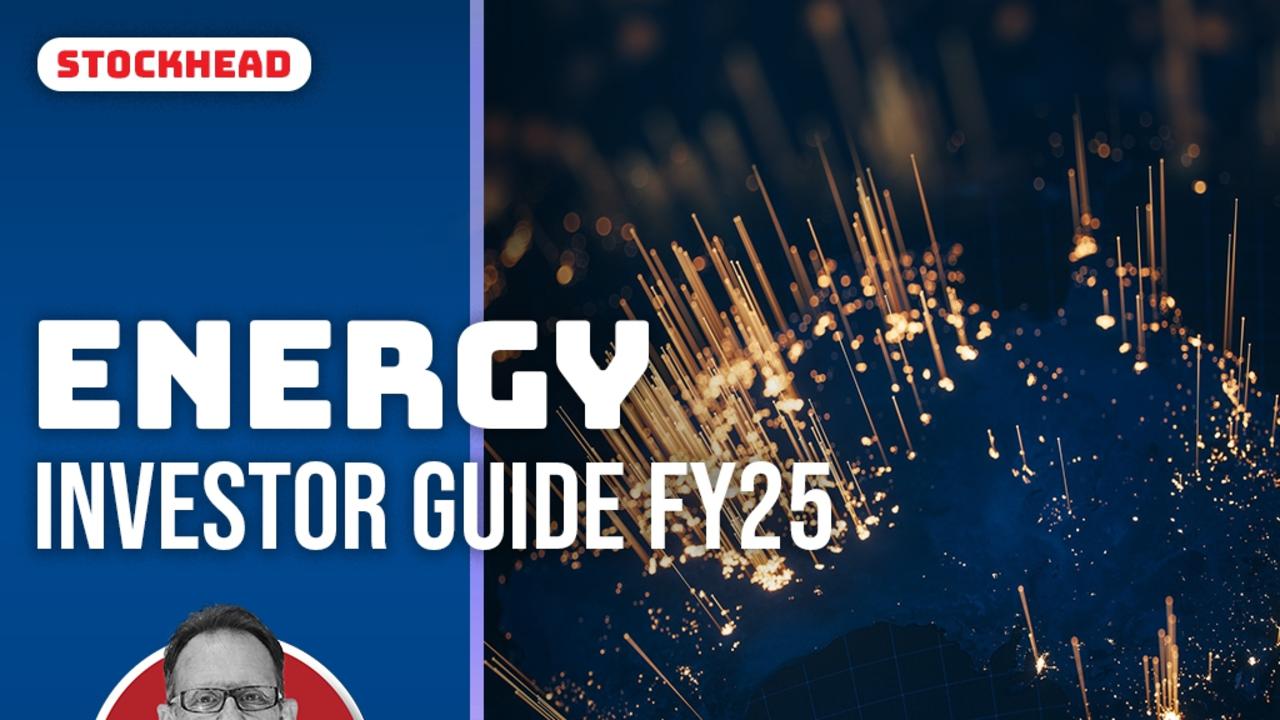Ground Breakers: Will EV makers have to make do with Indonesian nickel?
Nickel Industries says Western vehicle makers are starting to realise they’re going to need Indonesian supply, despite the protestations of its peers.

Australia’s largest listed nickel producer, Indonesian-focused Nickel Industries (ASX:NIC) says it is talking to as many as 20 EV makers, saying Western automakers are recognising they need to deal with the world’s biggest supplier to feed their businesses.
It comes as Aussie nickel producers and explorers lobby US regulators not to open Inflation Reduction Act compliance for Indonickel via a free-trade agreement with Joko Widodo’s government.
Concerns about environmental standards and the role Chinese finance plays in the Indonesian nickel industry hover over the sector – NIC’s largest investor is a subsidiary of the world’s largest stainless steel and nickel company Tsingshan, and a big part of its success is its business relationship with Chinese industrialist Xiang Guangda’s empire.
For the latest mining news, sign up here for free Stockhead daily newsletters
At 1.6Mt last year, Indonesia made up around half of the world’s nickel supply.
It is the only jurisdiction which can scale up further at pace to match rising demand from batteries and the stainless steel sector.
While Australian, Brazilian and Canadian producers have enjoyed a cozy position in the past given most class 1 nickel for EVs came from nickel sulphide mines, Indonesian laterite producers and their Chinese backers have found technical solutions to bring on battery grade nickel production at scale in recent years.
NIC MD Justin Werner said the reality was Indonesia would need to be a part of the West’s EV dreams.
“It’s safe to say that the US is looking very, very, very hard at a free-trade agreement with Indonesia. The reason for that is they’ve come to the realisation that the nickel supply is not going to come from North America,” he said.
“In fact, there’s not really many jurisdictions that it is going to come from. Hence, that’s why there’s some very active dialogue going on at the moment.
“We would obviously see any free trade agreement between Indonesia and America as a very strong positive not just for us, but I think (as a) strong positive in terms of an endorsement of the nickel industry in Indonesia, and how that is evolving with continued foreign investment.”
MORE FROM STOCKHEAD: A close Encounter of the REE kind | Mining quarterly wrap | AI boom ‘to supercharge precious metals’
Doubling up
Nickel Industries sold 34,263t of nickel metal in the September quarter, most of it in the form of nickel pig iron, a class 2 nickel product only used in stainless steel.
But it also produced 5285t of nickel matte, a product that can be converted into battery grade nickel sulphate.
Its RKEF lines, which produced 33,852t of nickel metal in the September quarter, generated $US97.6 million on a 100 per cent basis in EBITDA, more than double the $US43.9 million generated in the June quarter.
That came with substantially stronger margins of $US3009/t on NPI and $US1971/t on nickel matte ($US1585/t and $US1410/t respectively in June) as costs come down across its four RKEF projects – Hengjaya, Ranger, Angel and Oracle.
NIC also produced 1410t of nickel in mixed hydroxide precipitate from its 10 per cent share of the HPAL based Huayue Nickel Cobalt Project, which has operated for two months.
Its Hengjaya mine, a supplier to the Indonesia Morowali Industrial Park where the Hengjaya, Ranger, Oracle and Huayue projects are based, also reported record EBITDA of $US23.1 million in the September quarter on a record 3.629Mt of production, rising 93.6 per cent despite lower prices.
Looking further ahead, NIC said it had reached a positive financial investment decision on a “next generation” 72,000tpa HPAL plant. It would own 55 per cent of the “Excelsior project”, with Tsingshan subsidiary Shanghai Decent owning the rest. Excelsior carries a “capex guarantee” of $US2.3 billion.
Werner said the company had already started marketing its product from the Huayue plant to “global Tier-1 EV and battery makers”.
“We’ve had a very strong response not just to uptake of HNC product, but also to offtake and even possible small participation in the ENC project,” he said.
“We are running a process and we already have in excess of 20 of the top tier 1 global AV and battery makers showing significant interest.
These include Europeans, North Americans … I think the penny has finally dropped.
“Everyone has realised that the only real place if you want nickel of any scale is out of Indonesia.”
Werner said the company is now producing nickel metal on an annualised basis of 135,408t, demonstrating the remarkable speed with which Indonesia’s nickel sector has been able to ramp up.
BHP (ASX:BHP), which is expected to produce between 77,000-87,000t of nickel metal in 2023, is operating a business in WA that has been around since the first nickel sulphide discovery in Kambalda in 1966.
Nickel Industries, which has a $3.3 billion market cap, has been listed for just five years, when it initially took 60 per cent ownership of two RKEF lines with a production capacity of 16,500t Ni equivalent.
Visit Stockhead, where ASX small caps are big deals
Materials fall as reporters wrap
As the final reporters of the September season wrap up on Tuesday, the ASX materials sector is headed for a loss, having slid 0.54 per cent for the day at the time of writing.
On the month ASX mining stocks are down a bare 0.28 per cent.
The iron ore stocks fell slightly into the red, while gold producers copped a whack from the market as prices slid back below $US2000/oz overnight.
Among the standouts were coal miner Whitehaven Coal (ASX:WHC), which netted a win on Monday, as activist investor Bell Rock Capital revealed it did have a larger stake than it had previously revealed, based on derivative holdings.
It has now sold a substantial portion of its stake – 35 million ordinary shares – leaving it with an ordinary and derivative position of 5.31 per cent of Whitehaven’s stock.
Bell Rock was able to secure a strike against Whitehaven’s remuneration report at its AGM last week, which passed with a no vote of over 40 per cent, prompted by complaints its $6.4 billion purchase of the Daunia and Blackwater mines from BHP would reduce returns to shareholders like Bell Rock.
That exposes WHC to a second strike and potential spill motion at next year’s AGM.
Whitehaven had attempted to get the Takeovers Panel involved, calling on it to prevent Bell Rock from voting its stake at the AGM. The panel said no, thank you.
This content first appeared on stockhead.com.au
SUBSCRIBE
Get the latest Stockhead news delivered free to your inbox. Click here


